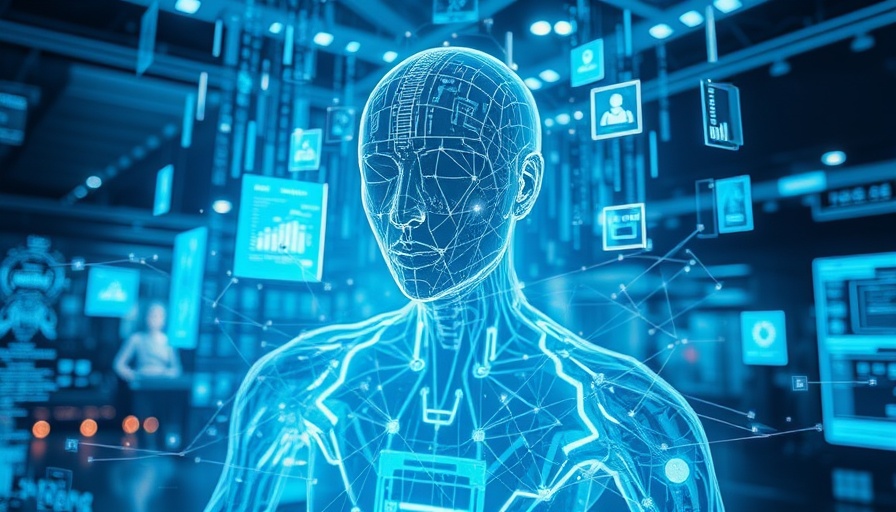
Generative AI: Friend or Foe?
The rise of generative AI in workplaces has ignited a heated debate: is this technology a helpful companion or a job-stealing adversary? For young professionals like Julia, fresh out of college and entering the job market, the fear of AI taking over is palpable. In fact, a report by DazedDigital highlights that 52% of global students aged 18-24 feel threatened by AI's potential to disrupt their career paths. This anxiety can have real-world effects, diminishing academic performance and curbing enthusiasm for learning. However, it’s essential to reframe these fears and recognize the potential of AI as a partner rather than a replacement.
Navigating the New Landscape of Work
While concerns about job displacement persist, there's a growing narrative that portrays AI as a tailwind for entry-level workers. A survey conducted by Capgemini suggests that generative AI could save entry-level employees up to 18% of their time, allowing them to focus on skill development and career growth. Furthermore, 78% of leaders believe that generative AI will enhance problem-solving skills among freshers. This shift in perception indicates a potential future where AI complements human capabilities rather than replaces them.
The Human Touch in an AI-Driven Era
One of the most compelling aspects of generative AI is its ability to empower less specialized workers. As mentioned by Sadia Zahidi, Managing Director of the World Economic Forum, AI enhances productivity in professions like accounting, nursing, and education by enabling young employees to perform tasks previously reserved for experienced professionals. This transformation can create a new wave of opportunities for entry-level workers, suggesting that embracing generative AI could lead to greater job satisfaction and career fulfillment.
How HR Can Bridge the Gap of Fear
For HR leaders, understanding and addressing these fears is crucial. By providing training programs that equip freshers with the skills to effectively use AI tools, HR can help alleviate anxiety surrounding job roles. Creating an environment where employees can openly discuss their concerns and learn about AI's benefits is paramount. Such initiatives not only build confidence but also foster a culture of growth and adaptability within organizations.
Practical Tips for Freshers Facing AI Anxiety
As young professionals step into the workplace, here are some actionable tips to navigate the evolving job landscape:
- Embrace Learning: Continuous education is key. Utilize online courses and resources to stay updated on AI trends relevant to your field.
- Network Openly: Connect with peers and mentors to discuss your concerns and learn from their experiences with AI integration.
- Stay Positive: Focus on AI as a tool that can enhance your skills rather than a threat. Keeping a positive mindset can help you adapt to changes more easily.
Final Thoughts on Embracing AI in the Workforce
In conclusion, while it’s natural for freshers to fear the implications of AI on their job prospects, the evidence suggests a more optimistic outlook. Generative AI is positioned to enhance productivity, create new opportunities, and support career growth. As technology continues to evolve, embracing change and maintaining a growth mindset will be essential. Young professionals can unlock their potential in this AI-enhanced landscape, transforming apprehension into action.
To navigate these challenges effectively, consider exploring tools that enhance your experience with AI, such as those found at Prompt2Human, which can help you adapt and thrive in an AI-driven future.
 Add Row
Add Row  Add
Add 




 Add Row
Add Row  Add
Add 

Write A Comment